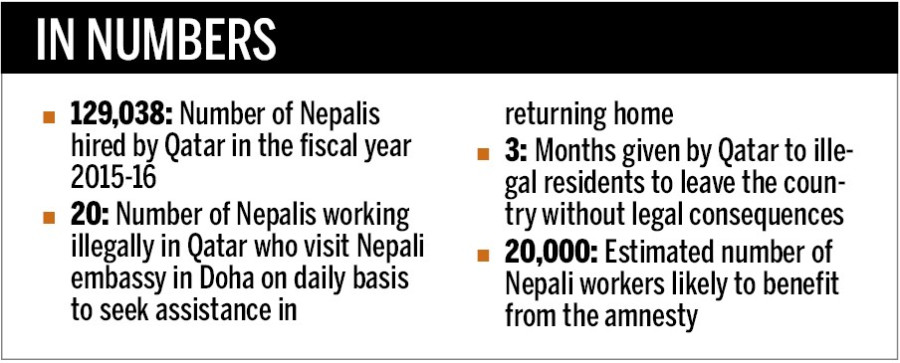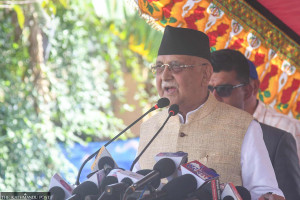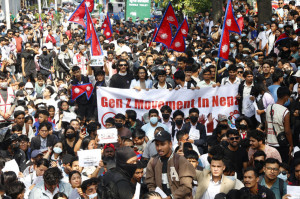National
Around 20,000 Nepalis to benefit from Qatar’s amnesty programme
Qatar has announced three-month grace period for foreign workers without legal status to leave the country without legal consequences as part of it mass amnesty plan that seeks to flush out undocumented workforce living in the Arab country.
Qatar has announced three-month grace period for foreign workers without legal status to leave the country without legal consequences as part of it mass amnesty plan that seeks to flush out undocumented workforce living in the Arab country. An estimated 20,000 Nepali migrant workers are expected to benefit from the amnesty.
In the announcement made by Qatar’s Ministry of Interior on Thursday through the social networking site Twitter, it has said that the three-month amnesty period begins from September 1 and lasts until December 1.
“The Ministry of Interior announces three months amnesty for those residing in the country, violating the provisions of the law of regulating the entry, exit and residency of expatriates, in order to exit from the country without legal consequences,” the announcement reads. The ministry has urged all concerned workers to contact its Search and Follow Up Department to apply for the amnesty.
It is the first mass amnesty Qatar has announced in over a decade.
Illegal workers in Qatar have to go through a lengthy, troublesome procedure which includes a term at a detention centre before they leave the country. While illegal workers are subject to arrest and deportation, those employing them face hefty fine and jail terms.
Qatar hired a total of 129,038 Nepali workers in the fiscal year 2015-16, becoming the second largest work destination of Nepali workers in the given period.
The Embassy of Nepal in Doha says around 20 Nepalis working illegally in Qatar visit the mission on a daily basis to seek assistance in returning home.
Most of the undocumented Nepali workers, who turned illegal after fleeing their original employers or due to overstay, work in the construction, agriculture and animal husbandry sectors. Illegal workers are prone to higher level of economic exploitation from the employers.
The amnesty follows Qatar’s announcement to enforce a revised version of kafala sponsorship law.
Earlier this month, the Qatari authorities said that the new sponsorship laws would come into force from mid-December. The authorities have said that the new sponsorship system would make it easier for some expats to leave the country or
change jobs. One of the big differences, however, is that expats will apply to the government, instead of their sponsor, for an exit permit to leave the country, according to Doha News, a news portal based in Qatar.




 16.12°C Kathmandu
16.12°C Kathmandu














